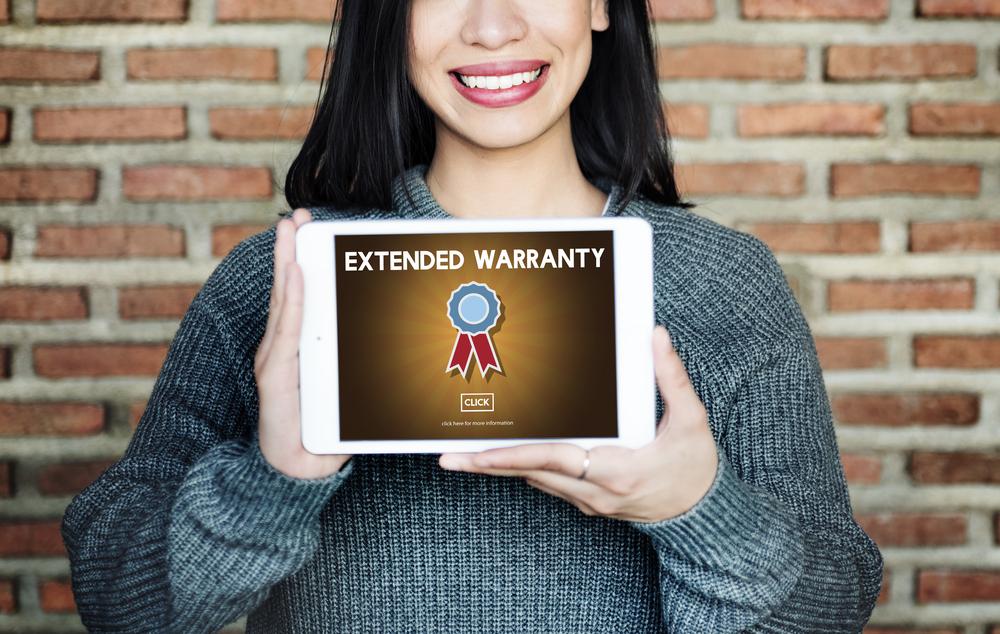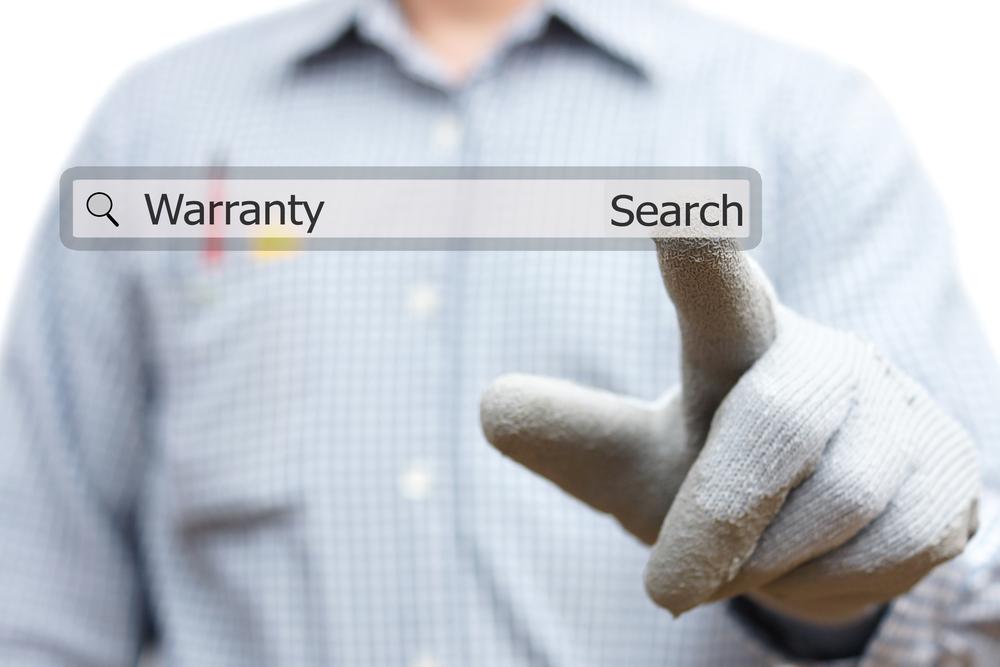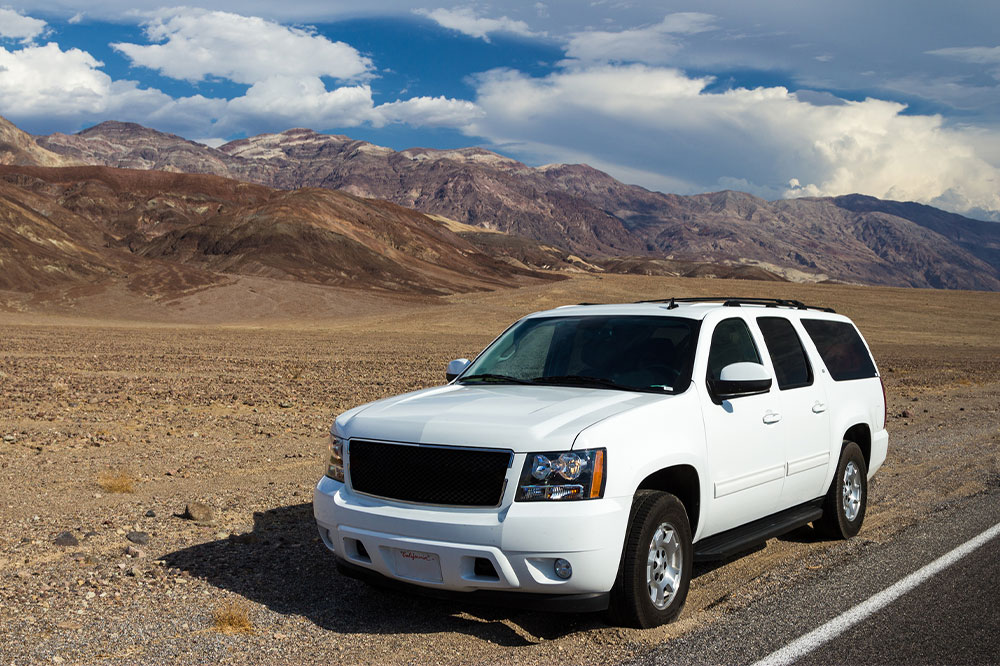Essential Guide to Choosing the Right Vehicle Extended Warranty
Discover the essential considerations and key questions to ask before purchasing an extended vehicle warranty. Learn how to evaluate coverage options, costs, and provider reliability to make an informed decision that protects your vehicle investment and financial peace of mind. This comprehensive guide offers insights into selecting the best extended warranty tailored to your needs, whether you own a new or aging vehicle.

Key Factors and Questions to Consider When Buying an Extended Car Warranty
Buying a vehicle is a significant investment, and protecting that investment with an extended warranty can offer peace of mind and financial security. Extended vehicle warranties, often referred to as service contracts, become active after your manufacturer’s initial warranty expires. They are designed to cover the costs of unexpected repairs and major breakdowns that might otherwise lead to hefty expenses. These warranties can be purchased through the vehicle manufacturer or via third-party providers, offering consumers a range of options tailored to their needs.
Having an extended warranty is particularly beneficial once the original manufacturer’s warranty period ends. As vehicles age, the likelihood of repairs increases, and the cost of repairs can escalate significantly, especially for newer or upgraded models that incorporate complex technology. Moreover, when original parts are discontinued or become difficult to source, extended warranties ensure that repairs can still be performed without overly burdening the vehicle owner financially.
To make the most informed decision when purchasing an extended vehicle warranty, it is crucial to conduct thorough research and ask the right questions. Below are some of the most important considerations that every prospective buyer should keep in mind:
Who is providing the extended warranty?
Understanding whether the warranty is offered directly by the vehicle manufacturer or through a third-party provider is vital. Manufacturer-backed warranties typically offer broader coverage, access to authorized repair shops nationwide, and can be more reliable. In contrast, third-party warranties might have restrictions, limitations, or exclusions that could impact your repairs.
Is the pricing competitive and transparent?
Compare quotes from multiple providers to ensure you are getting a fair deal. Don’t hesitate to discuss options with your dealership’s finance manager or directly contact warranty providers to clarify costs. Remember, a lower premium might come with limited coverage or higher deductibles, so it’s essential to evaluate the overall value and coverage limits.
What exactly is covered in the warranty?
Carefully review the terms and conditions of the warranty contract. Not all warranties cover every repair or component. Confirm whether routine maintenance and wear-and-tear parts, such as brake pads or belts, are included or if coverage is limited to specific major repairs. Additionally, check whether repairs can be performed at any authorized repair shop or if you are restricted to certain locations, which could impact your convenience and costs.
Evaluate your vehicle’s repair history and current condition.
Consider how often your vehicle has required repairs in the past. Frequent repairs may justify the investment in an extended warranty, whereas a vehicle with a clean maintenance history and reliable performance might not need additional coverage. Your vehicle's age, mileage, and overall condition are key factors in making this decision.
In conclusion, your choice to purchase an extended warranty should be based on a comprehensive understanding of your vehicle’s needs, your driving habits, and your financial situation. Some vehicle owners prefer to rely solely on the original manufacturer’s warranty, especially if their vehicle is relatively new and has been well-maintained. Others opt for extended coverage to mitigate the risk of unexpected expenses as their vehicle ages. Asking the right questions and carefully evaluating the coverage options will ensure you select a plan that offers the best value and security for your specific circumstances.





